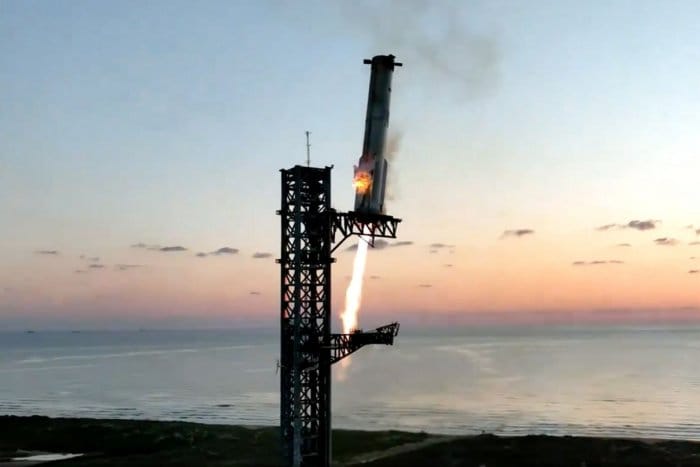On This Day, Oct. 13: Continental Congress establishes Navy
Oct. 13 (UPI) — On this date in history:
In 1775, the Continental Congress ordered construction of America’s first naval fleet.
In 1792, the cornerstone to the White House in Washington was laid. It would be November 1800 before the first presidential family — that of John Adams — moved in.
In 1903, the Boston Americans (later known as the Red Sox) beat the Pittsburgh Pirates to win the first modern World Series, five games to three.
In 1917, up to 100,000 people gathered in Fatima, Portugal, for the “Miracle of the Sun” and its strange solar activity and, for many, a reported glimpse of the Virgin Mary.
In 1943, conquered by the Allies, Italy declared war on Germany, its Axis former partner.
In 1972, Uruguayan Air Force Flight 571 carrying 45 people, including a rugby team from Montevideo, crashed in the Andes mountains. It would take 72 days for rescuers to learn the fate of the survivors, and by that time, only 16 were left to tell their story. The survivor’s harrowing story was brought to the big screen in the 1993 feature film, Alive.
In 1972, more than 170 people were killed in a Soviet airliner crash near Moscow’s Sheremetyevo International Airport.
In 1987, Costa Rican President Oscar Arias Sanchez was awarded the Nobel Peace Prize — the first winner from Central America. Arias was recognized for his work promoting democracy and peace in Central America.

File Photo by Gary C. Caskey/UPI
In 1990, Syrian forces moved into Lebanon, removing Christian militia leader General Michel Aoun from power, effectively ending the Lebanese Civil War.
In 1994, two months after the Irish Republican Army announced a cease-fire, the Ulster Volunteer Force and Ulster Freedom Fighters, the two main paramilitary groups fighting to keep Northern Ireland with its Protestant majority in the United Kingdom, announced a cease-fire.
In 2000, the Norwegian Nobel Committee awarded the Nobel Peace Prize to South Korean President Kim Dae-jung for his efforts to reconcile his country with North Korea through a summit earlier in the year with counterpart Kim Jong Il.
In 2010, after more than two months entombed half a mile under the Chilean desert, the first of 33 trapped miners was pulled to safety in a narrow passageway drilled through more than 2,000 feet of rock, to be followed in the next 24 hours by the rest of the crew in a dramatic finale to a remarkable rescue mission.
In 2013, a stampede by masses of worshipers crossing a bridge over the Sindh River at a Hindu festival in India’s Madhya Pradesh state killed more than 100 people and injured scores of others. A police official said people panicked as rumors spread that the bridge was collapsing.
In 2019, American Simone Biles became the most decorated gymnast in history with her record 25th gold medal at the World Championships in Stuttgart, Germany.
In 2021, Star Trek actor William Shatner, at 90, became the oldest person to go to space. He traveled with three others aboard a Blue Origin capsule and returned 11 minutes after reaching space.
In 2024, SpaceX used a tower with arms to “catch” the 20-story-tall booster for its Starship rocket for the first time.

File Photo courtesy of SpaceX


